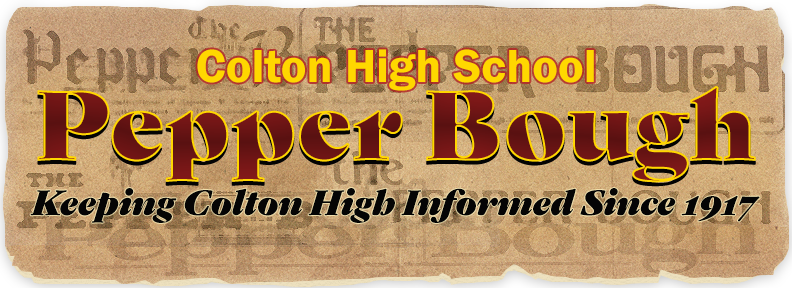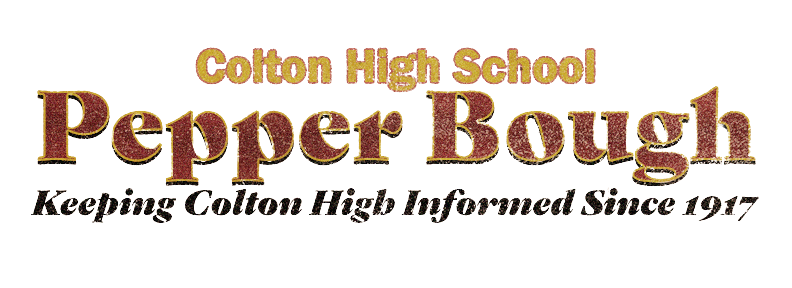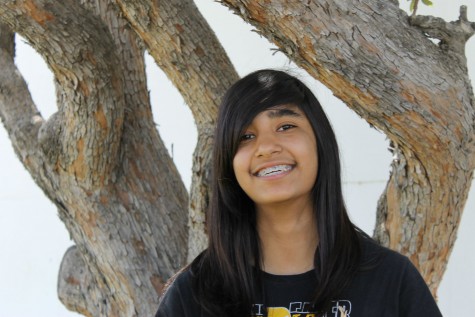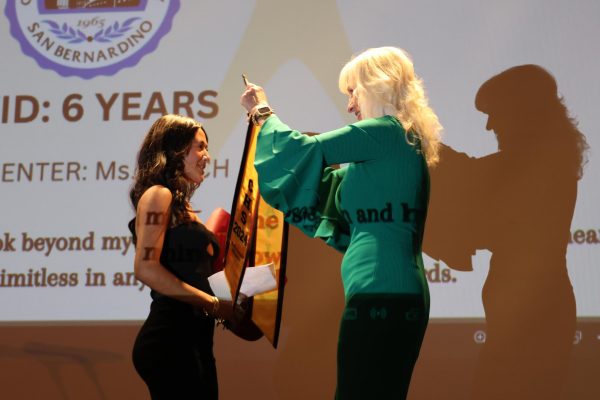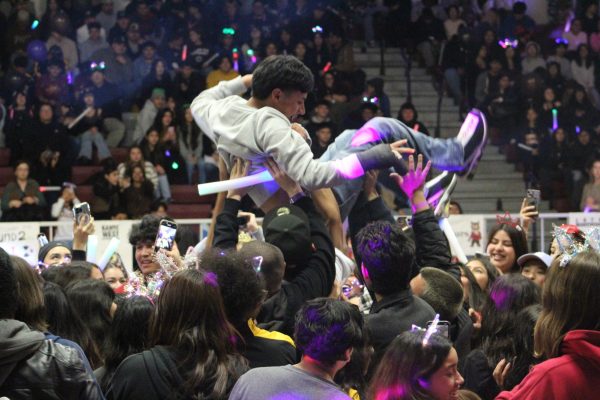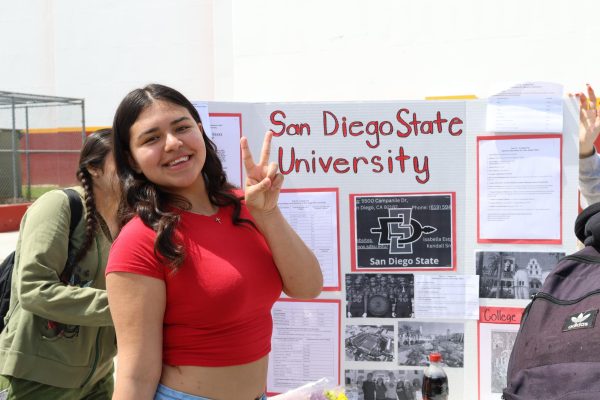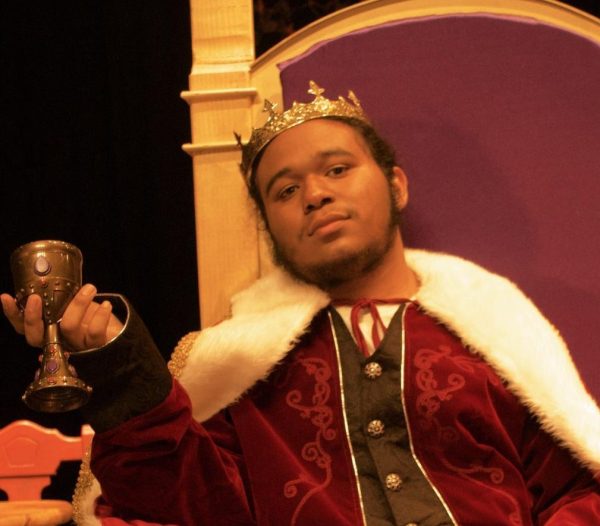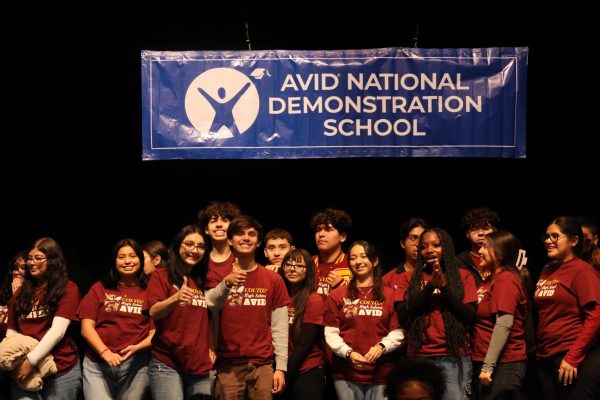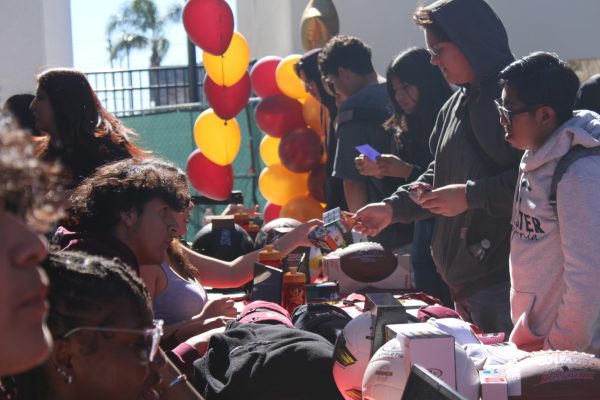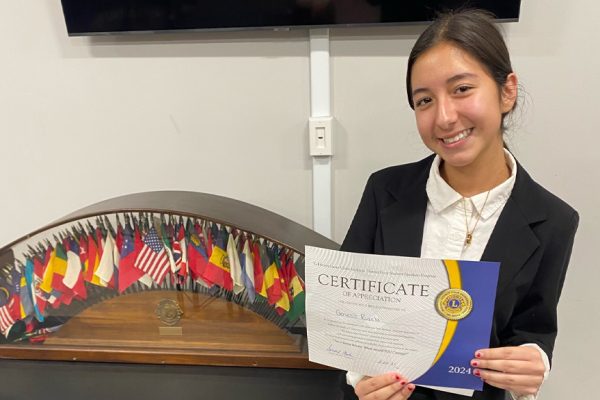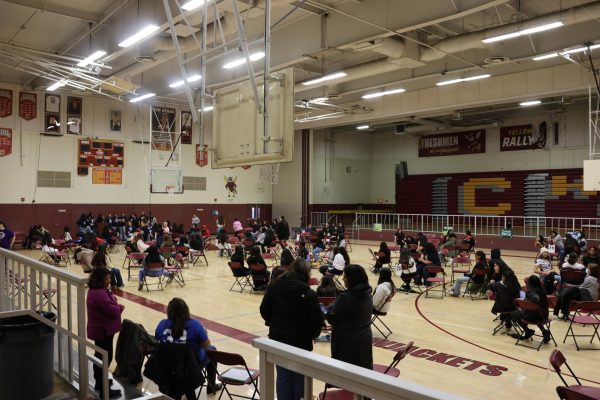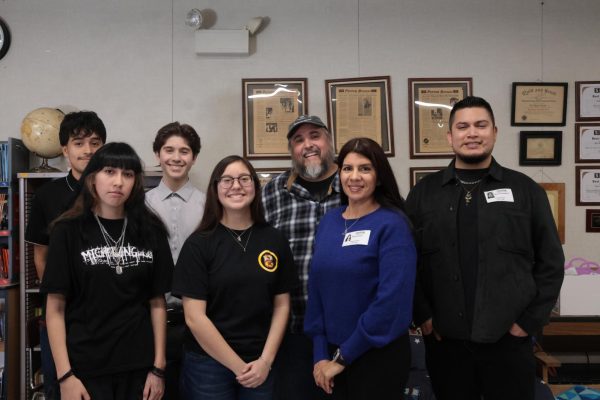PBIS: Does it live up to its own standards?
October 1, 2015
Have you ever wondered why we spend about forty-five minutes every other Wednesday, learning proper behavior manners? Look no further for an answer. Positive Behavioral Intervention and Support, also known as PBIS, is to teach and discuss positive behavior here at Colton High. Assistant Principal Veronica Elder has been running PBIS for about two years along with the the help of Social Studies teacher Michael Esquivel, Science teacher Armando Ponce, English teacher Jamie Badillo, Special Ed. teacher Valerie Alatorre, and our new Assistant Principal Lisa Boschma. PBIS is also interchangeable with the program SWPBS which is short for School-wide Positive Behavior Support. Both programs are here to show the values of positive behavior.
PBIS’ aim is supporting all student’s success and maximizing the academic and social behavior outcomes for all students. Seeing the students participating in the PBIS activities acting responsibly, respectfully, and with integrity was exciting for Elder.
Ponce believes PBIS is working. “It was nice seeing how the students were acting towards PBIS,” he says. “Usually people’s attitude evolves around something, if a students going through tough at home or where they are currently living, what’s going on there mostly likely going to reflect how they are going to act. I love that PBIS promotes positive reinforcement and keeps negative out of the school. Society is already negative. It’s a great way to promote a positive mindset.” PBIS teaches students how they should behave and gives them that little support they need.
PBIS being an important program, even Esquivel agrees, “Absolutely! PBIS is a great program, and if it is done correctly, can have a huge impact on the culture of school and community.” Something as simple as PBIS can help make the area around us a better place if we work hard spreading the positivity around.
“PBIS is a crucial part of our school,” says Esquivel. “What we talk to our students about during our extended periods helps to build relationships between teachers and students. We build lasting relationships that are positive and beneficial to their entire educational experience.”
Badillo agrees: “PBIS has helped improved students behavior and attitude, being constantly reminded how to behave,” she says.
Elder has noticed that student behavior has improved. “I like the fact that PBIS really works. There are less issues on campus because students have been informed and reminded of what we expect from them.”
“PBIS is really important; I use it everyday!” Ponce says, spreading the positive attitude, so students let’s spread that positiveness around. Even Badillo wants to help: “PBIS is a great way of spreading positive expectations across our campus. I thought I could help make that positive impact.”


